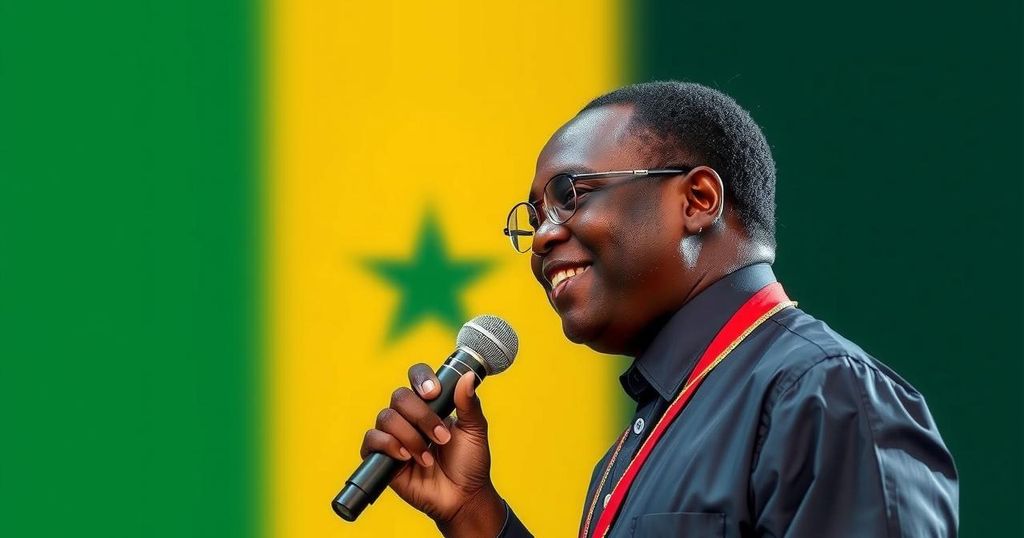Economic Issues to Shape Ghana’s Election Outcomes Over Anti-LGBTQ Bill

Political expert Professor Jeffrey Haynes emphasizes that Ghanaians are more inclined to vote based on economic issues such as the cost of living and youth unemployment rather than the anti-LGBTQ bill. He suggests that these pressing challenges overshadow social concerns and indicates that the bill serves as a distraction from governmental failures.
As Ghana approaches its general election in 24 days, Professor Jeffrey Haynes, a political expert from the Metropolitan University, asserts that economic issues will dominate voter decision-making rather than social concerns like the anti-LGBTQ bill. During his presentation at the ‘Kronti ne Akwamu’ lecture series on November 12, 2024, he emphasized that pressing matters, including the rising cost of living, high youth unemployment, and the government’s struggles with illegal mining, are at the forefront of voters’ minds. Professor Haynes elaborated, stating, “They (Ghanaians) will think about price rises, employment prospects for young people, graduates and so on. They will think about galamsey and other crises Ghana is facing.” He further commented on the voters’ demand for a government that operates transparently and with integrity, expressing skepticism about the importance of the Anti-Gay bill in the eyes of the electorate, stating, “I don’t think most Ghanaians really think about whether the Anti-Gay bill is passed or not. I think it is a side issue. I think it is something that has been introduced to deflect away from the failings of government.” This discourse arises against the backdrop of Ghana’s Parliament resubmitting the anti-LGBTQ bill to President Nana Akufo-Addo. Lawmakers are urging him to endorse the legislation, despite his earlier assertion that its progression should await the Supreme Court’s ruling on legality. The political climate in Ghana is charged, highlighting the juxtaposition between significant social legislation and urgent economic realities that voters face in their daily lives.
The current political environment in Ghana is heavily influenced by various socio-economic challenges. With the upcoming general elections, citizens prioritize pressing issues such as the escalating cost of living, soaring youth unemployment rates, and concerns regarding the government’s management of illegal mining activities (referred to locally as galamsey). Meanwhile, the anti-LGBTQ bill serves as a contentious social issue that has been put forth but is perceived by some political analysts, like Professor Haynes, as secondary to the economic crises affecting the populace.
In summary, Professor Jeffrey Haynes posits that Ghana’s electorate is primarily focused on economic challenges rather than social issues such as the anti-LGBTQ bill as the nation approaches its general election. The pressing realities of high living costs and unemployment are far more significant to voters. Furthermore, the ongoing debate around the anti-LGBTQ bill is viewed by some as a distraction from the government’s shortcomings in addressing critical economic problems.
Original Source: www.ghanaweb.com







